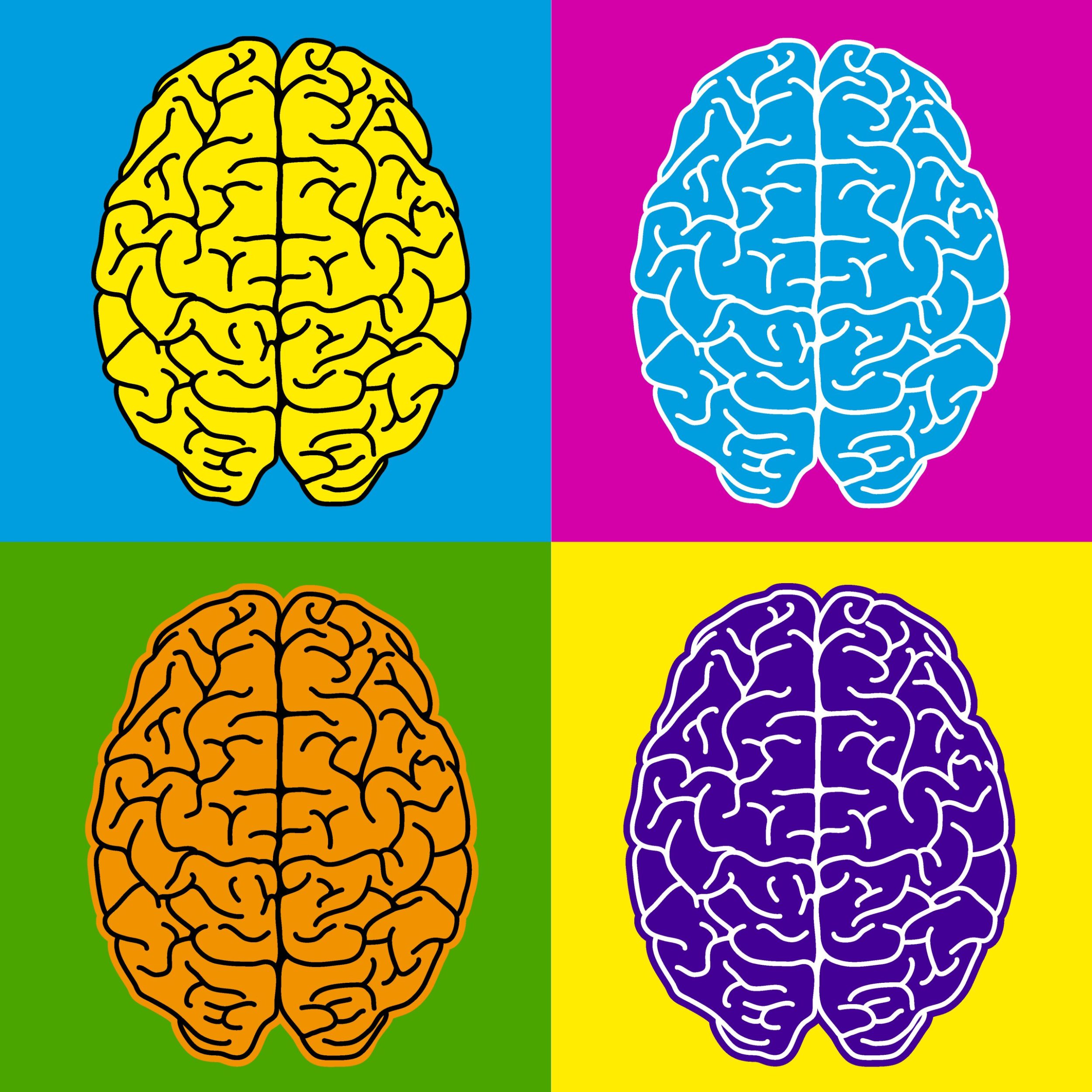
9 Bad Habits for the BRAIN
For a more positive headspace, avoid these negative behaviors
Words by Dr. Jill Gover
We all want healthy aging, and most of us know a good diet and exercise are essential for a happy and healthy brain. That said, there are also a number of bad habits that can undermine cognition. Altering just one of the following nine bad habits can change how the brain works and help you age better, with reduced risk of dementia. Even people with memory problems can benefit from changing these harmful behaviors. Here are the nine bad habits that hurt your brain:
1. Accentuating the Negative
Ruminating on the negative has been linked to more amyloid and tau deposits (microscopic protein shards that decrease one’s capacity to think and remember) in the brain, which increases risk of developing Alzheimer’s Disease. Negative rumination is associated with a decline in cognition and memory in people over 55, and an increase in depressed mood. Negative self-talk arises from faulty thinking that overemphasizes the destructive aspect of a situation and neglects or ignores the positives. To counter these intrusive negative thoughts, therapists recommend writing a daily gratitude journal, practicing deep belly breathing techniques, learning cognitive behavioral therapy interventions to counter negative self-talk, and employing mindfulness strategies such as greeting the negative thought with “hello,” then telling it “goodbye.”
2. Skipping Vaccines
A recent study of adults 65 and over who had received the flu vaccine showed they were 40% less likely to develop Alzheimer’s Disease. Those who received the pneumonia vaccine were 30% less likely to develop dementia.
3. Drinking Sugary Beverages
A 2022 research study found that sugar-sweetened beverages (soft drinks, sweetened tea, fruit drinks, sports drinks, and energy drinks) were linked to a decline in cognitive functioning. It’s better to eat whole fruits instead of fruit juice. Sugar is not good for the brain.
4. Maintaining Unhealthy Sleep Habits
Quality sleep is crucial to a sharp, productive mind. Creating a consistent sleep schedule allows for more restoration. It’s important to go to bed and wake up at the same time every day, even on the weekends. Too much caffeine, or a room not cool or dark enough, can cause sleep problems as well. In addition, untreated sleep apnea can lead to memory and cognitive disturbances due to a buildup of amyloid material in the brain.
5. Listening to Loud Music
In a study of 639 adults aged 36–90, mild hearing loss was associated with double the likelihood of developing dementia. If someone else standing next to you can hear your earbuds, they’re too loud! If you’re standing within three feet of someone and can’t hear them, the world around you is too loud. It’s a good idea to wear earplugs at concerts, and to remove yourself from loud environments when possible. Continuously subjecting your ears to excessively loud noise when you’re young may harm your hearing and increase your risk of developing cognitive impairments later in life.
6. Excessively Using Drugs That Block Acetylcholine
Tricyclic antidepressants, some bladder medications, and antihistamines can block production of the neurotransmitter acetylcholine. Studies have found that higher cumulative use of these drugs is associated with dementia. If you regularly take several of these drugs, ask your doctor about the risk of anticholinergics and if you should explore alternative medications.
7. Having No Sense of Purpose
Having a reason to get up in the morning contributes to healthy aging, and is an essential element of good self-esteem. Researchers at Rush Alzheimer’s Disease Center in Chicago found that those who scored high on a purpose-in-life assessment were 2.4 times less likely to develop the illness. Whether you are young or old, working or retired, it’s important to explore and create a passion project. Look for new opportunities to engage in something meaningful to you. Volunteer. Travel. Deepen your relationships with others.
8. Not Flossing Your Teeth
Lackluster oral hygiene leads to buildup of bacteria in the mouth and inflammation of the gums, which untreated, can cause periodontitis. Poor periodontal health and tooth loss can increase risk of cognitive decline and dementia, as bacteria and inflammation can make their way from the mouth into the bloodstream, and eventually into the brain. Research has found that people missing several teeth had a 48% higher risk of cognitive impairment.
9. Drinking Alcohol
In a 2022 study at the University of Pennsylvania, researchers found that even moderate drinking can cause reduced brain volume in older adults. A 50-year-old who went from one alcoholic drink a day to two drinks per day had changes in the brain equivalent to aging two years. Alcohol interferes with brain functions such as speech, memory, judgment, and balance. Cutting back on alcohol is a smart strategy for brain health. It’s a good idea to avoid the urge to drink when you feel sad, mad, tired, or bored. When you drink alcohol to get relief from unpleasant emotions, you inhibit the ability to process and resolve those feelings, which can lead to negative outcomes later.
My professional advice: Eliminate as many of these bad habits as possible and you will improve your brain health and increase the likelihood of aging well!








